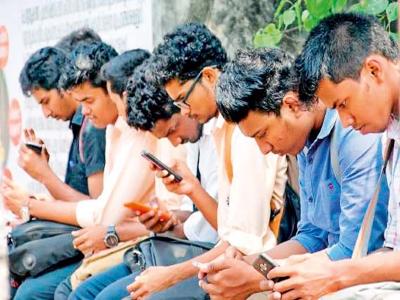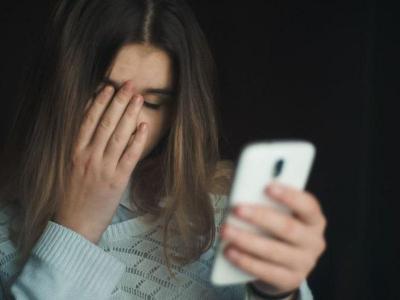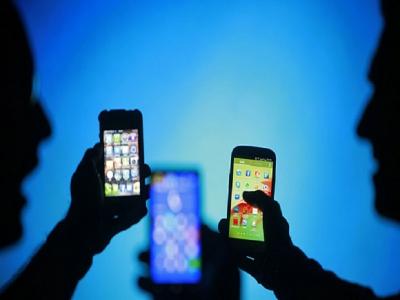Nomophobia: Smartphone's Impact on Health and Harmful Effects on the Body
By Lokmat English Desk | Updated: June 19, 2024 13:11 IST2024-06-19T13:00:08+5:302024-06-19T13:11:21+5:30

Smartphones have become indispensable in daily life, but their pervasive use is increasingly linked to significant health concerns. Numerous studies highlight that continuous reliance on smartphones, or even brief periods without them, can contribute to a condition known as nomophobia.

The impact on health is so severe that it poses a significant risk for various diseases. Smartphone addiction, termed nomophobia, is a recognized concern. According to a global survey, 84% of smartphone users acknowledged their inability to go a day without their device.

From children to adults, smartphones have become ubiquitous. Despite their advantages, they also bring disadvantages, notably nomophobia, which adversely affects both physical and mental health. Let's delve into the diseases.

Effect on spinal bone
According to the United Chiropractic Association, prolonged use of phones causes excessive bending of the shoulders and neck, which negatively impacts the spinal cord.

Lung problems
Continuous phone use causes the neck to bend, hindering the body's ability to breathe fully or deeply, thereby affecting lung health.

Constantly looking at the phone screen often causes significant neck discomfort, known as text neck. This issue is particularly prevalent among individuals who frequently send text messages and browse the web.

Computer vision syndrome
A survey conducted by the American Vision Council revealed that 70% of people tend to blink less frequently when looking at smartphone screens, leading to a condition known as computer vision syndrome. This can result in eye strain, swelling, and blurred vision.

Kidney failure may occur
According to a report, approximately 75% of people worldwide take their smartphones to the bathroom. Consequently, E. coli bacteria are found on one in six phones, increasing the risk of conditions such as diarrhea and kidney failure associated with bacterial infections.

Exposure to smartphone light for two hours in front of the face reduces melatonin production by 22%, which can lead to sleep disturbances. A survey indicates that smartphone addiction has impacted the personal lives of 12% of individuals.

According to a survey, over 41% of respondents admitted to using their smartphones to avoid engaging with someone directly in front of them. This behavior can significantly undermine confidence and should therefore be discouraged.

In a survey, 45% of smartphone users expressed concern about losing their phone or other belongings, highlighting the stress associated with smartphone ownership. Experts suggest that excessive phone use can lead to social isolation from family and friends.























